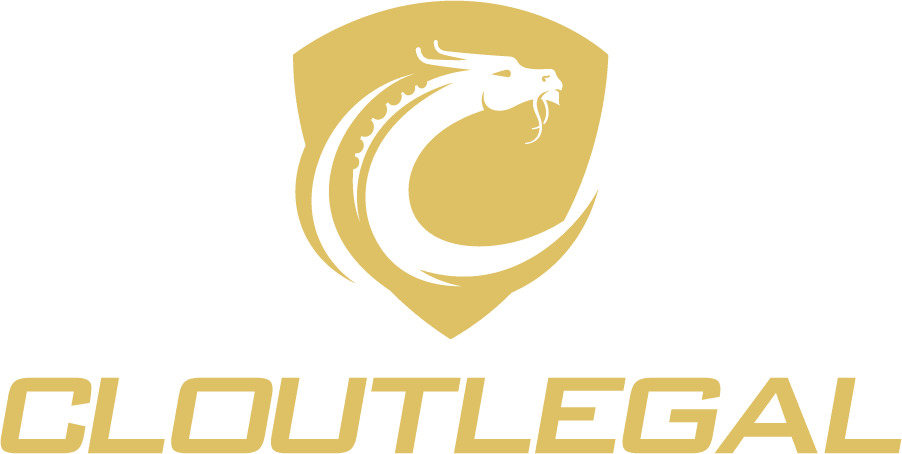How Kraken became the first crypto bank
Kraken, a cryptocurrency exchange, is the first crypto firm to become a bank in the U.S. (and likely in the world). The Wyoming Banking Board approved its application for a special purpose depository institution (SPDI) charter, as announced in the press releases.
David Kinitsky, a managing director at Kraken and the CEO of the newly formed Kraken Financial, says one of the reasons Kraken applied for the SPDI license is the access to the US Federal payments infrastructure.
The move would undoubtedly create opportunities for more products from Kraken.
“We would expect to offer a host of new products as we get established. For example, products like qualified custody for institutions, digital-asset debit cards, and savings accounts to new types of asset classes. We can engage with securities and commodities and things like that as a bank.”
Additionally, Kraken Financial will give Kraken the ability to operate in more jurisdictions. As a state-chartered bank, Kraken now has a regulatory passport into other states. It doesn't need to put on a state-by-state compliance plan.
Marco Santori’s TL;DR of the process
While Kraken has been silent about its application to the Wyoming Banking Board, it has been long working on pressing in this direction. Marco Santori, hired Kraken’s parent company (Payward Inc.), as its Chief Legal Officer, sums up the experience:-
Delaware Blockchain Initiative
It all started when Santori announced the Delaware Blockchain Initiative at the 2016 Consensus keynote speech.
(in addition to Santori, Andrea Tinianow and Caitlin Long also pushed for the Initiative)
One of the goals of the Initiative was to optimize the paperwork around stock issuance to Delaware-based companies.
“In partnership with smart contract-focused startup Symbiont and New York law firm Pillsbury Winthrop Shaw Pittman, the planned system would move the process of registering companies, tracking share movements, and managing shareholder communications into a digital environment.” - Source
About a year later, the Initiative reached (some of) its goals. Namely, it became perfectly legal for Delaware entities “to use blockchain for stock trading and record-keeping.”
The State of Wyoming at the forefront
However, according to Satori, Delaware wasn't ready to enact all the Blockchain Initiative's proposals. For that reason, Long, one of the participants, made a push in Wyoming, her home state.
As the enthusiasm grew with Wyoming legislators, the local Blockchain Taskforce was created. These efforts and early traction seem to have picked Kraken's interest. Its founder, Jesse Powel, helped personally with advocacy and education alike.
The new kind of bank charter
One of Wyoming's initiatives was to conceptualize a new kind of bank. Such banks would be able to take deposits and safeguard crypto on behalf of its users (custody services). The users of custody could be individuals, companies, as well as some regulated organizations.
Caitlin Long explains why she feels the move to crypto banking is beneficial for the industry at large:-
"The statutes undergirding the SPDI charter reconcile digital assets with the U.S. uniform commercial code by making the safekeeping of digital assets a bailment. That is the same legal relationship that valet drivers have to the cars they park.”
Namely, while SPDI banks can hold digital assets, they would never have legal ownership over those. In other words, should an SPDI bank go bust, the held assets would have to go back to customers.
Additionally, the absence of the fractional reserve and strict controlling will help the space gain more trust. Under the SPDI chapter, the entities have to provide proof of funds to customers. Likewise, auditors will have to verify that SPDIs' reserves are there cryptographically.
The first draft and submission
According to Santori, it took many months to finalize the first draft of Kraken's SPDI application.
Following the submission, Kraken's team was invited to a public hearing before the Wyoming Banking Board. They presented their arguments in a contested case format (per the Wyoming Rules of Administrative Procedure). In other words, Kraken's team gave an opening argument, a closing statement, questioned witnesses, so on and so forth.
Crypto space getting legitimacy?
The world of crypto has been getting more prominent over the past couple of years. While crypto remains nascent as a whole, there are many reasons to feel that this space matures.
As a refresher, just recently (July 2020), the U.S. Office of the Comptroller of the Currency published a letter that greenlit national banks to provide crypto custody services. In October, the Division of Banking already expects to publish the first manual for banks that will lay down procedures for handling digital assets.
What’s next?
The Division of Banking is currently working with six applicants or potential applicants for the charter. The Division could approve these by the end of 2021.
Stay tuned for more news from this space. It seems to be heating up.
(photo by Eftakher Alam on Unsplash)
Ivan Rasic holds the Transnational Trade Law and Finance LLM, a program by Universidad de Deusto (Bilbao, ES), Universiteit van Tilburg (Tilburg, NL), and Goethe Universität (Frankfurt, DE). After his work in law firms and inhouse, he started a legal tech company.
Nowadays, Ivan leads STP Informationstechnologie GmbH's Sofia RnD center with project/development management, culture, strategy, and special project initiatives.
Ivan is an Ambassador at European Legal Tech Association (ELTA). He closely follows and writes on future of law, legal tech, ALSPs, and new ways of delivering legal services.
CL News Team closely follows events that could potentially shape legal services delivery, the business of law, and influence the transformation of the legal space.
If you have important news to share, or would otherwise like to get in touch, feel free to email editorial(at)cloiutlegal(dot)com.


